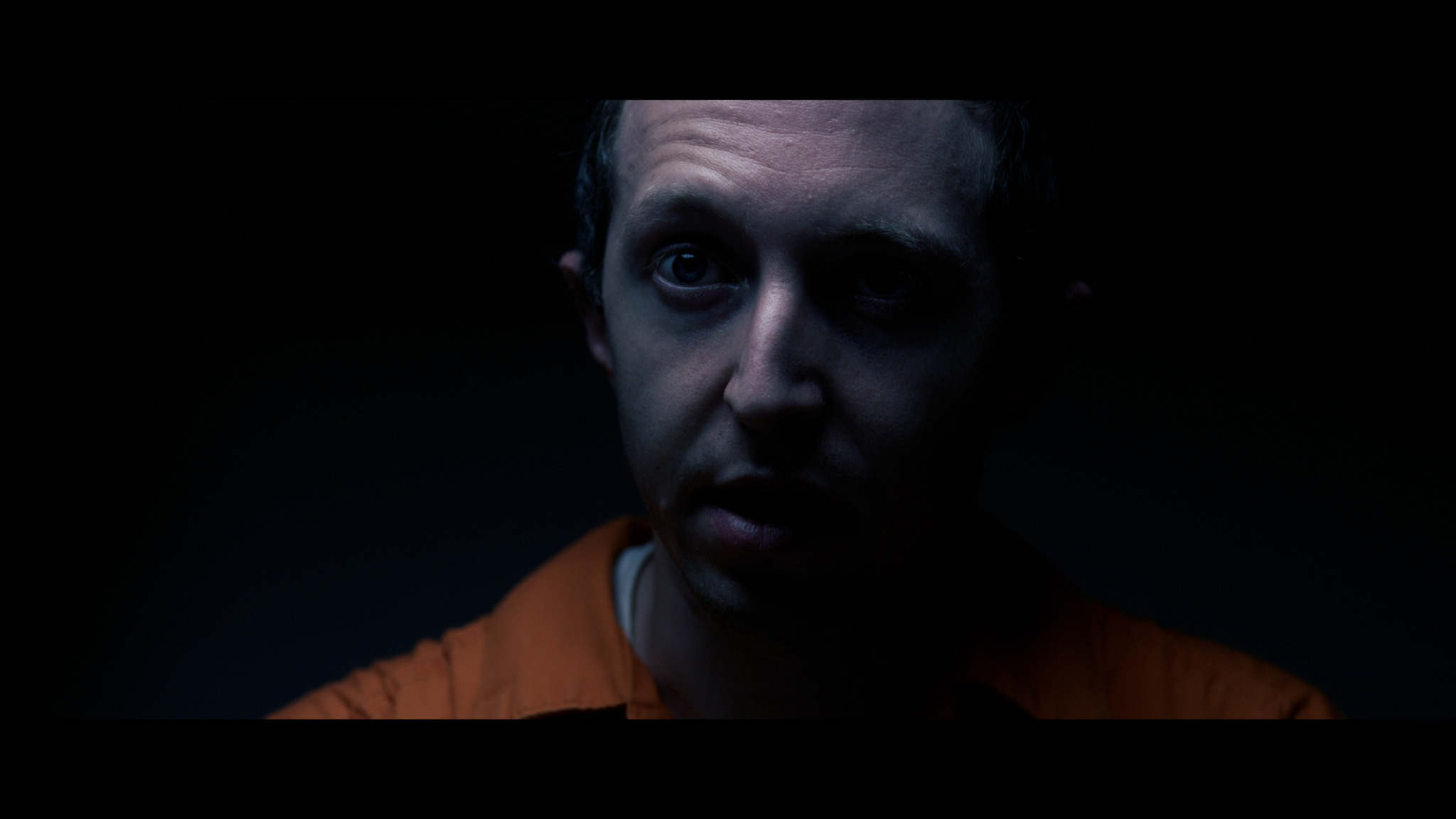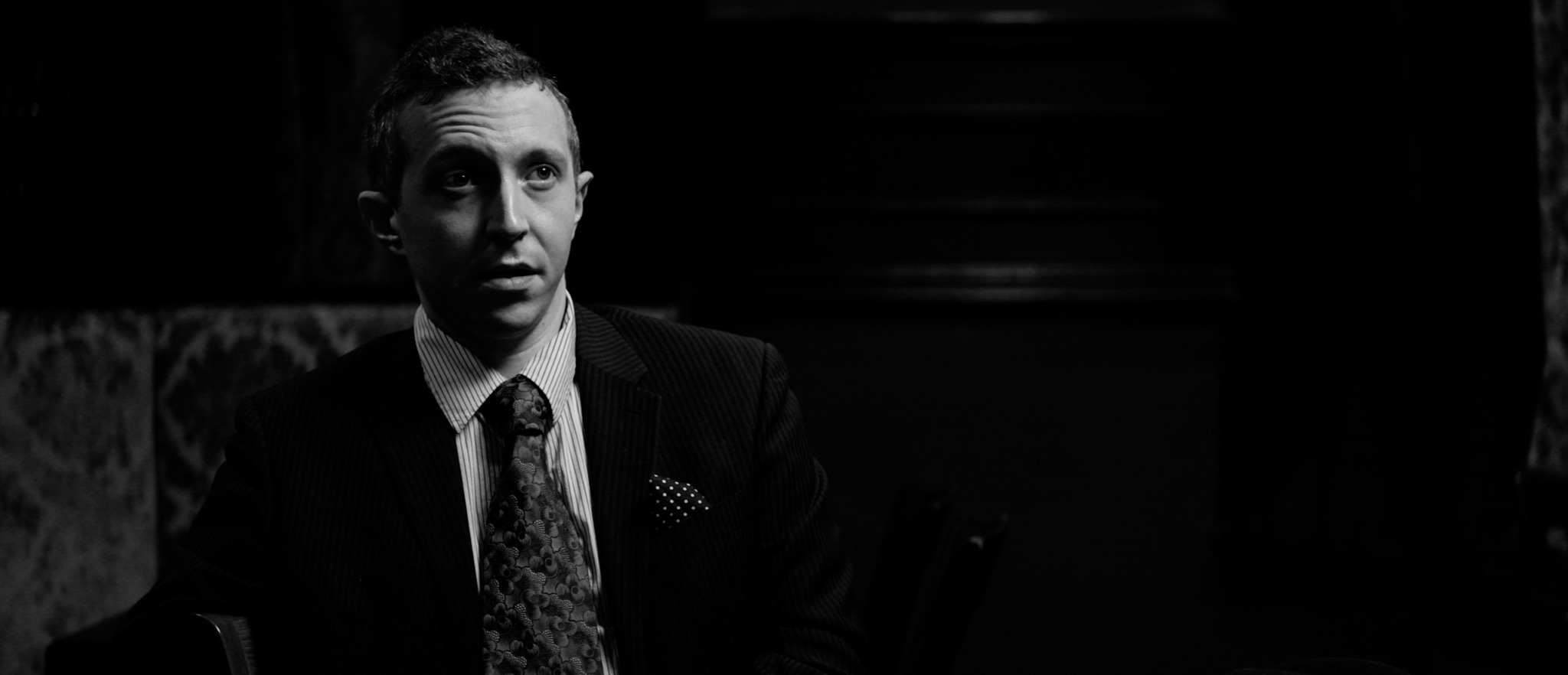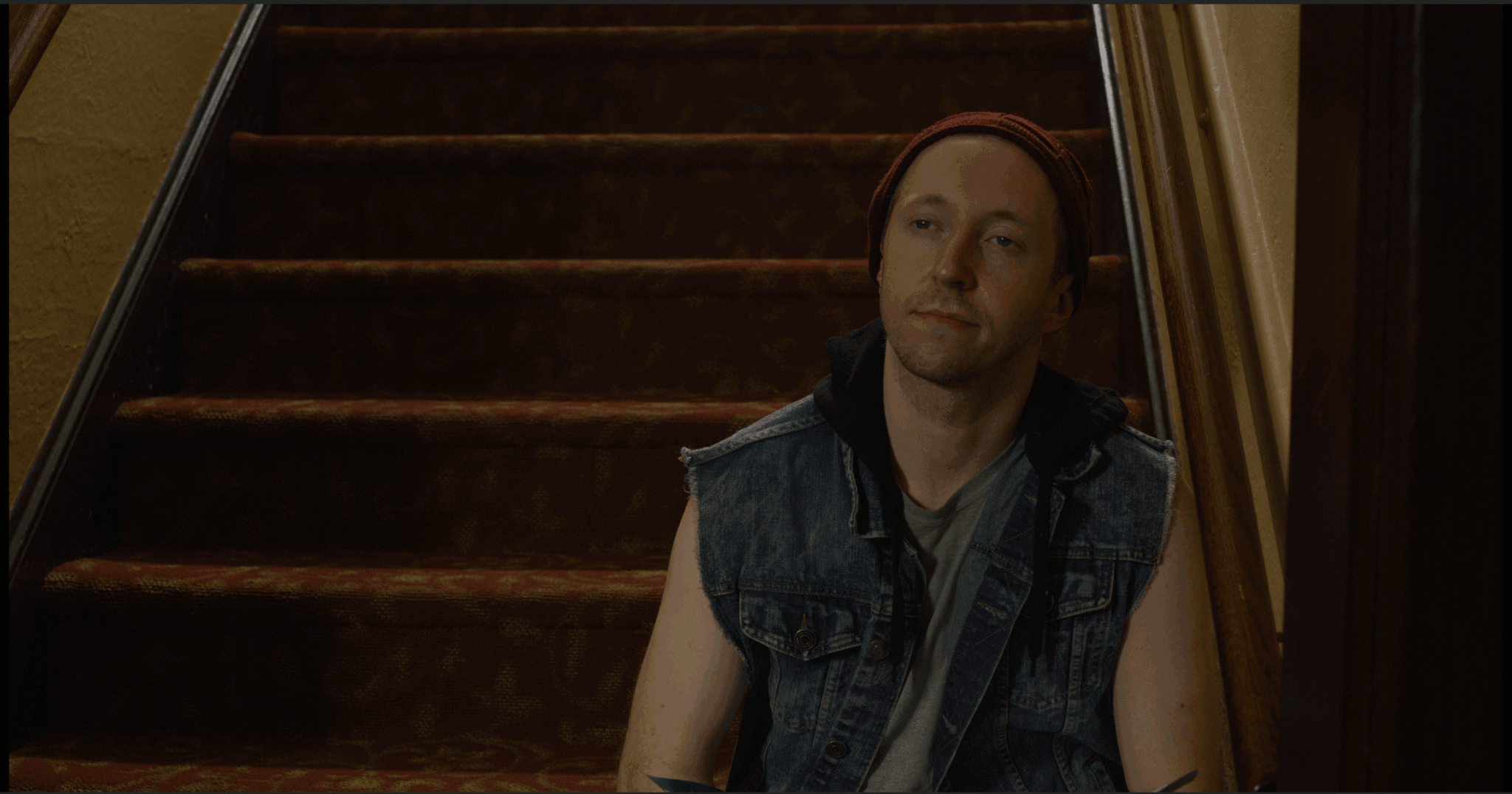We caught up with the brilliant and insightful Kevin Austra a few weeks ago and have shared our conversation below.
Hi Kevin, thanks for joining us today. Can you talk to us about a project that’s meant a lot to you?
The most meaningful project I have worked on has been the short film I most recently wrapped up, Perception. Perception is a short film that I wrote, directed, produced, and also co-star in. Just as the title suggests, the movie deals with themes of how we see perceive people. Very often we judge a book by its cover. We sometimes let our mind wander and trick us into believing that other people may have it better than us, However, very often the reality is that is not true. This is a consistent theme in my life where I jump to conclusions way too quickly instead of taking a step back and considering other scenarios first. My latest film, Perception, lightly deals with those themes and intertwines them into the main character storylines.

Great, appreciate you sharing that with us. Before we ask you to share more of your insights, can you take a moment to introduce yourself and how you got to where you are today to our readers.
I started in the industry doing community theater. When I was 14, I volunteered as backstage crew for a local theatre’s Christmas play. I enjoyed the environment, the actors, and the crew so much that I was desperate to be part of that world again. By the time I was 15 I was asked to do my first onstage role. I was very nervous as I had never memorized lines before – however this role required no lines. It was purely a cameo role. I would be running on and off stage as Harpo Marx. Months later, I had my first speaking role and ever since then I have been center stage. I performed onstage for years. The best way to learn and grow is hands-on experience. With each production I did, with new actors, new directors, new theaters, I would learn different things. It broadened my horizons and helped me expand my arsenal. Over time, I started participating in other people’s film projects. After years of theatre and film under my belt, that’s when I started dabbling into making my own movies. I think what people should know about me is that I am incredibly driven and dedicated. If there is something I want to make, I will try my hardest to move every mountain to make sure my project gets made. Sometimes a little bit of patience is required. However, I am always likely to deliver on my promises.
We often hear about learning lessons – but just as important is unlearning lessons. Have you ever had to unlearn a lesson?
I have been involved in theatre and film for at least 20 years. I’ve seen a lot of directors hover over actors. They give the actors too many notes, they give too many directions, they tell them how to deliver a specific line. This is very restricting for the actor and it gives them absolutely zero creative freedom to perform. The director’s job is mainly to set up the parameters of the scenes, to make sure the actor understands the character and the goal of the scene. Other than that, the actor should be allowed to fly (within the appropriate circumstances). At times as a director, I have been guilty of this where I am too passionate about my project and I unload a lot of that on the actor of how I think a scene should be, how the line should be said, how they should look, etc. Now at times – some of those things are valid. But very often, I wasn’t giving the actor the opportunity to first show me their interpretation of the scene. Maybe their version would have been better than mine. But I would never know because I wasn’t allowing them to showcase that to me. During my recent project, Perception, I decided to take several steps back and let the actor show me their version of the character first. This gave me fresh perspective into the characters and offered me different varieties of performance that I didn’t initially see… but that I really enjoyed. The only time I stepped in to direct their performance was when I felt it was deviating too far from the story. Actors need to understand that as the director, you see the entire film in your head. You know what the next scene is gonna be and how the next scene is going to look. They may not understand the choices you are asking them to make because they are not thinking about the entire picture. They are only thinking about that specific scene that they are working on. For Perception, these actors were awesome and trusted me just as much as I trusted them.

What’s the most rewarding aspect of being a creative in your experience?
The most rewarding aspect of being an artist or creative is to present your work to an audience and to hear their reactions for the first time. This is not about ego. It’s more so about the validity of your work. I work very hard on my scripts. I go through numerous re-writes. Each line of dialogue matters and I will play with each line for weeks until I think it fits right for the scene. Many times when I write a script, I may think a line is funny or I may think a line is well written. No matter how much I believe in it, I won’t know if that line truly pays off until the film gets premiered. For me, there is nothing better than having an audience postitively react to a line you wrote. It makes all the hardships of re-writing the script, putting the film together, editing, etc. all worth it.
Contact Info:
- Website: https://www.kevinaustra.com
- Instagram: @kevinaustra
- Youtube: https://www.youtube.com/@kevinaustra

Image Credits
Film projects, Backstage, Ramesses, Monster.


